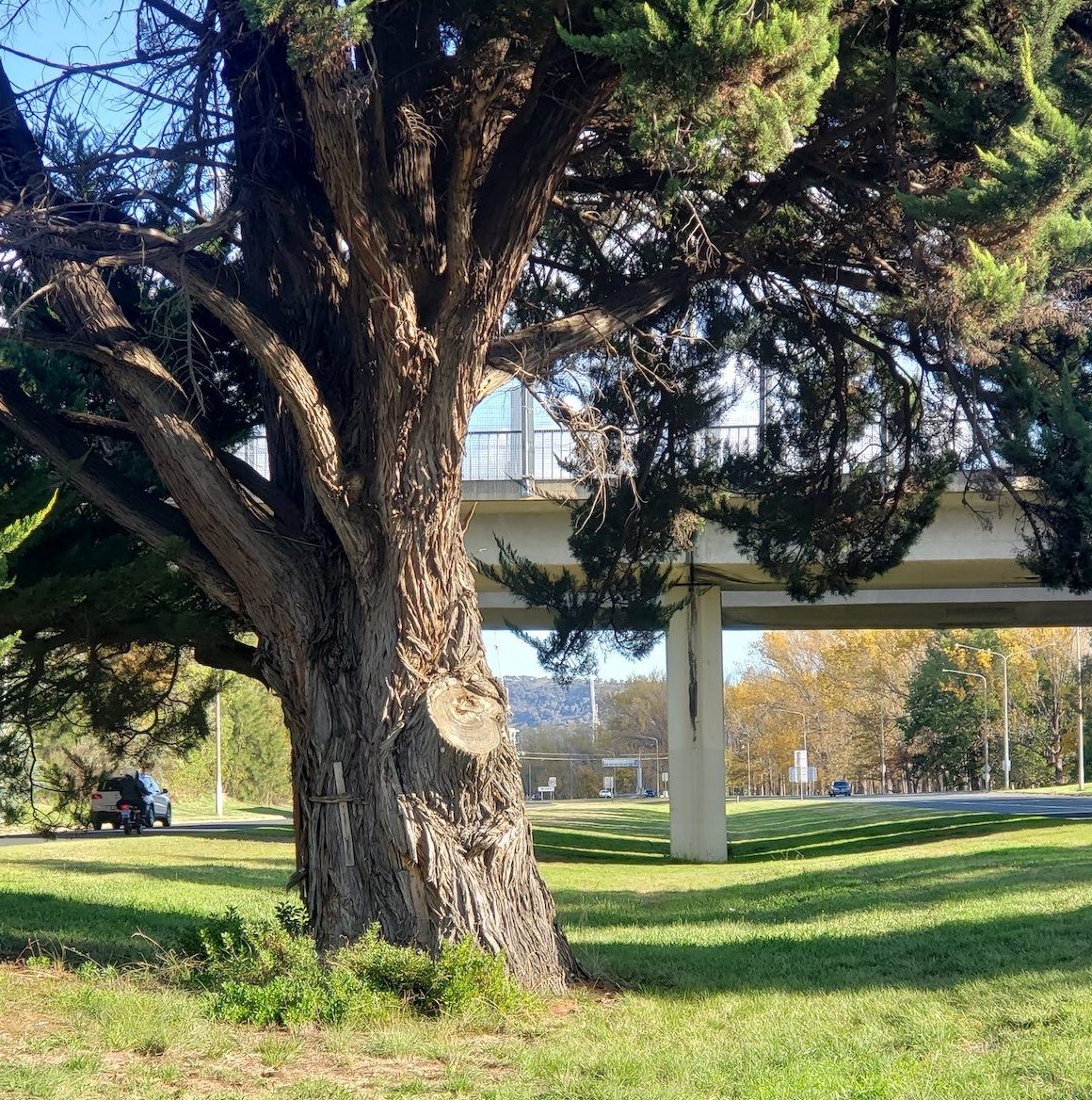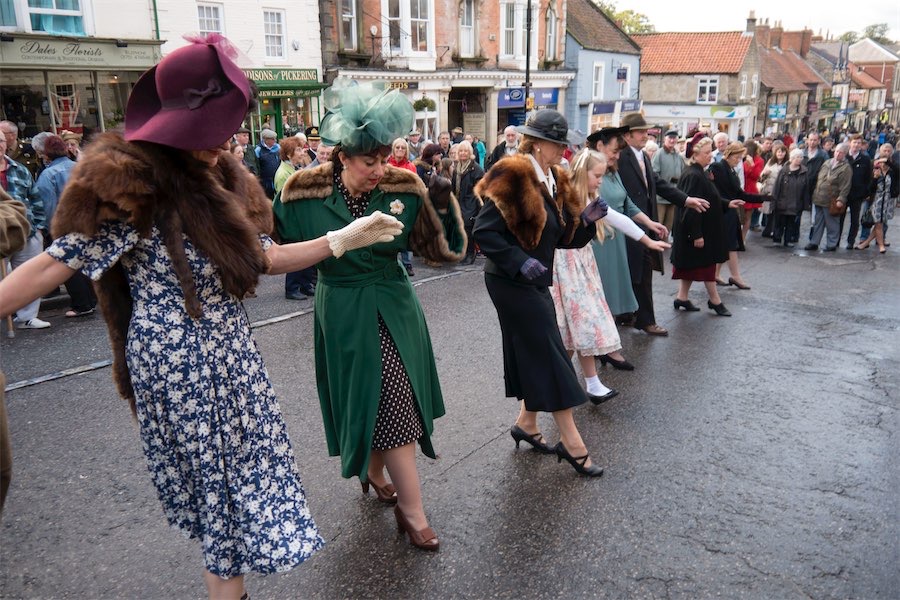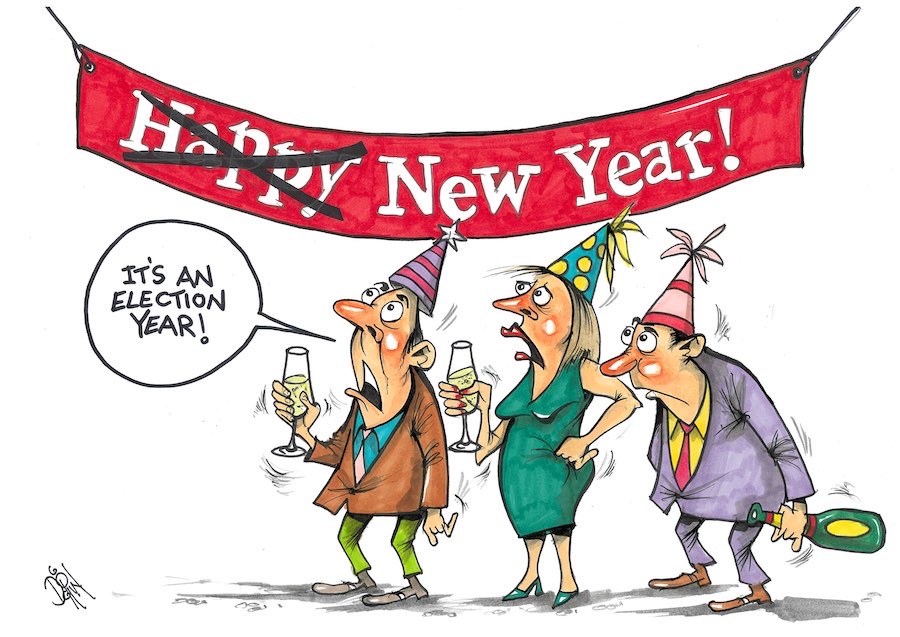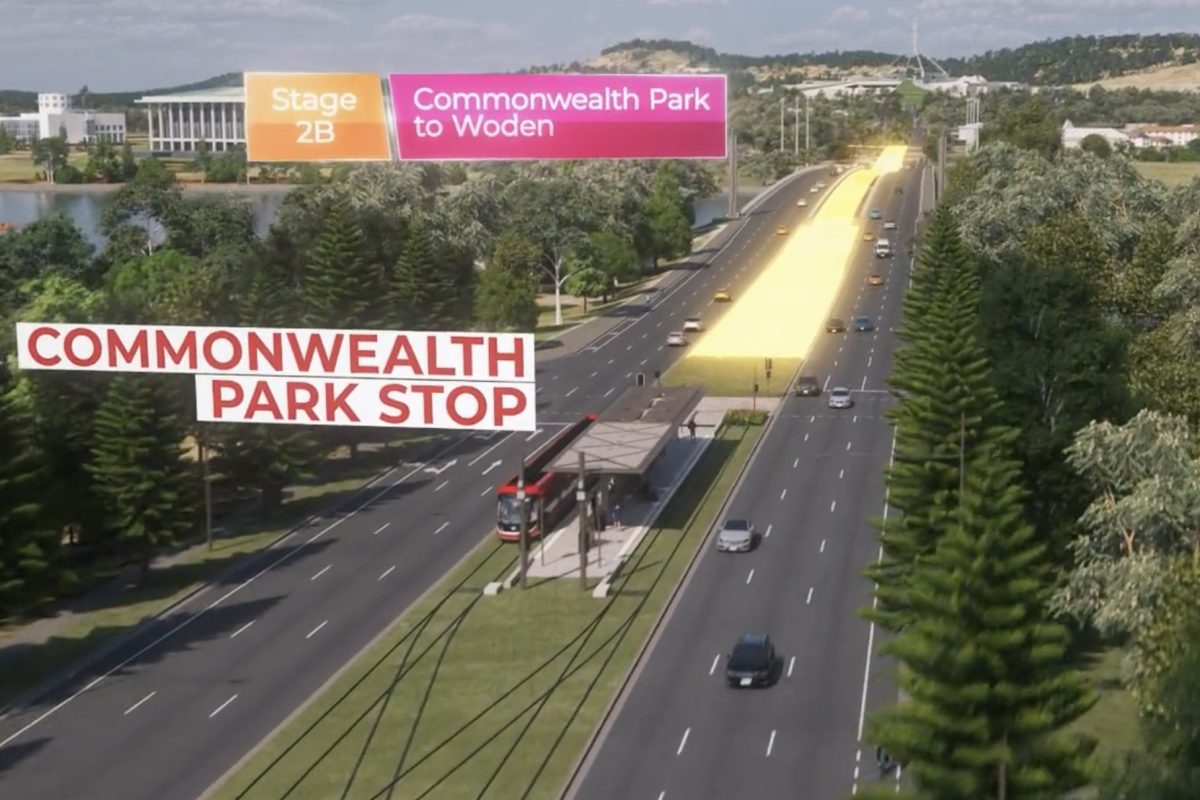Letter writer MALCOLM BRANDON says there is a ‘phenomenal’ amount of indigenous recognition already and that more won’t solve problems such as ill-health and imprisonment rates.
THE advocates of constitutional recognition (the Voice) seem to be unaware of the phenomenal amount of recognition that already exists.

They seem not to know that in 2013 the federal parliament enacted The Aboriginal and Torres Strait Islanders Recognition Act, which stated: “…The parliament, on behalf of the people of Australia, recognises that the continent and islands now known as Australia were first occupied by Aboriginal and Torres Strait Islander peoples.
“The parliament, on behalf of the people of Australia, acknowledges the continuing relationship of Aboriginal and Torres Strait Islander peoples with their traditional lands and waters.
“The parliament, on behalf of the people of Australia, acknowledges and respects the continuing cultures, languages and heritage of Aboriginal and Torres Strait Islander peoples”.
Another and very long-standing form of recognition is place names. Right from the start, we’ve accepted Aboriginal names for localities instead of replacing them holus-bolus with British ones. In the Sydney area, for example, there are long-standing place names such as Parramatta, Woollahra, Cronulla, Bondi and Coogee.
Also, for years the states and (since 1967) the federal government have had Ministers for Aboriginal Affairs, and many acts have been passed to promote Aboriginal interests in such areas as land rights and heritage protection. An example is the Family Law Act of 1975, which requires the consideration of Aboriginal culture and practices in determining the best interests of an Aboriginal child.
If all this recognition and expenditure hasn’t solved problems like ill-health and imprisonment rates, then why would a constitutional amendment make any difference?
Malcolm H Brandon, via email
No to a constitutional body selected by ancestry
ANDREW Leigh (“Why I’m campaigning for ‘Yes’ to the Voice”, CN May 4) betrays a devotion to identity politics when he speaks of Aboriginal “civilisation”.
Agriculture and cities were introduced to Australia very recently despite Bruce Pascoe’s nostrums. Either way, Leigh’s claim that Aboriginal culture is the oldest is mistaken. The African San win that trophy.
He describes in compelling detail the worst effects of swamping Aboriginal society with the tsunami of modernity. The horror and benefits, which visited all indigenous cultures and civilisations, don’t justify a constitutional body selected by ancestry; we must solve these vexing problems as fellow human beings. Constitutional differentiation on the pretext of “breeding” has a ghastly history.
Peter Robinson, Ainslie
Not more abstractions, nor wishful thinking, Mr Leigh
NEAR the end of his opinion piece (“Why I’m campaigning for ‘Yes’ to the Voice”, CN May 4) Andrew Leigh writes: (1) “it [will] strengthen Australia’s decision-making process”,
(2) it will “lift people up” and
(3) it will “unite our nation”.
Stirring stuff perhaps, but vague and theoretical claims.
Will he please explain, with real examples, how he thinks:
(1) The Commonwealth’s decision-making process in, say, defence and taxation, two of its major responsibilities, will be “strengthened” by what sort of additional input from four per cent of the population?
(2) Disadvantaged Aboriginals – presumably the “people” he refers to – will be “lifted up” in a manner not achievable without the Voice?
(3) How (and this is contradictory, almost Orwellian) providing special additional representation for that four per cent will unite, rather than, as one might think, divide and separate our population?.
I do ask for real examples or illustrations of each, not more abstractions, nor wishful thinking.
Surely, a government assistant minister campaigning for the Voice must be able to illustrate its likely actual and practical operation.
Hugh Dakin, Griffith
Falling prey to the ‘same sins’
WHILE Max Flint (Letters, CN May 11), persists in falling prey to the same sins he accuses the “Yes” supporters of, ie lack of evidence-based specifics, he is now seriously misrepresenting the prime minister.
Max writes: “The PM has even said it would be a brave government to deny the Voice”, implying Labor would become the willing creature of “elite suburban” indigenous leaders. The actual comment came in response to an “Insiders” question concerning NT alcohol bans that, controversially, were about to end.
“If the Voice were to say the bans should continue”, the questioner asked, “would that happen?”
Albanese replied lightly: “Well, it would be a very brave government that said it shouldn’t”. A specific answer to a specific, but hypothetical question.
Max’s overarching claim though is, the “Yes” arguments merely “boil down to being the right thing to do”. What’s wrong with that? Haven’t most decent Australians been brought up to understand what is right and to act accordingly?
The real gem, however, comes from Max’s website, which he invites us to visit. He actually portends a successful referendum could result in a “blatant [indigenous”] power grab”, leading to a demand that, “a member of the Voice” (sic) be appointed governor-general in order to reject any law that doesn’t benefit [indigenous] peoples.” That, presumably, would be just before the sky falls in.
Eric Hunter, Cook
Voice has been hijacked by the indigenous elite
The Voice appears to have been hijacked by the indigenous elite of the ilk of professors Marcia Langton and Tom Calma. Meanwhile the indigenous outback community is left in the dark, among many others, as to how the Voice will actually work, particularly about how it will improve their lifestyle.
As it is up to the parliament and executive to finalise the minutiae of the Voice, it effectively means that the voters will not know beforehand what they will be voting for, which is both unacceptable and undemocratic. The government has, to date, obfuscated, intimidated and indulged in secrecy regarding the Voice, which begs the question, what have they got to hide?
Mario Stivala, Belconnen
One race should not be favoured over another
I AGREE with Bill Bowron (Letters, CN May 4), who questions the value of introducing a Voice. As he states: “There are already Aboriginal and Torres Strait Islander groups dealing with state and local issues”.
He asks whether the taxpayer will be supporting a multitude of voices in the future. Similarly, Vi Evans is against the Voice and listed the 3000 Aboriginal Corporations, 30 Land Councils, and 1300 people employed for the NIAA.
I also support Mario Stivala who wrote that activating the referendum would cost a huge sum of money, close to $82 million of taxpayers’ money.
As far as I am concerned, I do not agree with the Voice. I think we are one country and one race should not be favoured over another. None of us are responsible for what happened 250 years ago.
Even with the Voice, most Australian Aborigines will continue to feel victimised. Although the wording that “we respectfully acknowledge the traditional owners of the land, etcetera” is plainly explanatory and sufficient, I believe most of us do care for their future.
Myriam Amar via email
Labor/Greens grandstanding at our expense yet again
HAVING just received the May issue of “Our Canberra”, I thought it necessary to ask the question: can we afford to fund the latest Labor/Greens idea and has it been costed?
The ACT is in so much debt (over $6.5 billion) and yet the Labor/Greens alliance feel it appropriate to give the students in years 10 to 12 in five schools, an 18-month trial period of free breakfasts and lunches.
I can understand that there are a lot of poor people in the community, but you cannot tell me that all the students in those schools come from low-income families.
Why should the population of the ACT be expected to feed the students of those select few schools when they may not be disadvantaged?
Do the Labor/Greens alliance feed the homeless? No. If they do get fed it is from charitable organisations, not the government.
Is the Labor/Greens coalition grandstanding at our expense yet again? Yes.
Is the Labor/Greens coalition ignoring those who are really in need? Yes.
Has anything changed? No.
Vi Evans via email

Fir tree doomed by tram project
IN their discussion of Canberra’s light rail project (“How light rail drove ACT economy off the rails”, CN May 11) Jon Stanhope and Khalid Ahmed state: “It is surely drawing a very long bow to expect that below-trend growth in the national economy, federal government job losses and cuts in Commonwealth spending could or would be ameliorated by construction of a12-kilometre tram line”.
In “City News” of April 20 I pointed out a potentially very expensive problem at the Adelaide Avenue overpass of Hopetoun Circuit. I subsequently identified a probably very expensive and disruptive (to traffic) problem at the Adelaide Avenue overpass on Kent/Novar Street (CN May 4). There is more.
At the Carruthers Street overpass of Yarra Glen there is a huge, doubtless very old fir tree alive, well, and still growing directly in line with the planned light rail route.
Theoretically, the rails could pass either side of the tree. However, in my opinion, the engineers and railway constructors would insist on removing the tree to make their lives a little easier; the ACT government would insist that the task be less costly.
I dare say that such an action would bring howls and submissions of protest from both the local residents and many people who travel on Yarra Glen.
There are several further expensive problems closer to Woden.
Dr Douglas Mackenzie, Deakin
Who can be trusted?
In a world of spin and confusion, there’s never been a more important time to support independent journalism in Canberra.
If you trust our work online and want to enforce the power of independent voices, I invite you to make a small contribution.
Every dollar of support is invested back into our journalism to help keep citynews.com.au strong and free.
Thank you,
Ian Meikle, editor





Leave a Reply